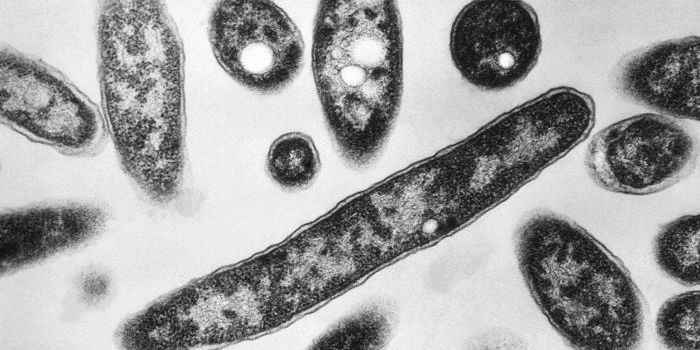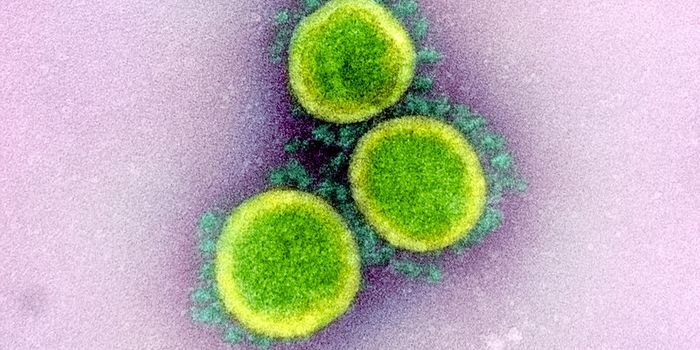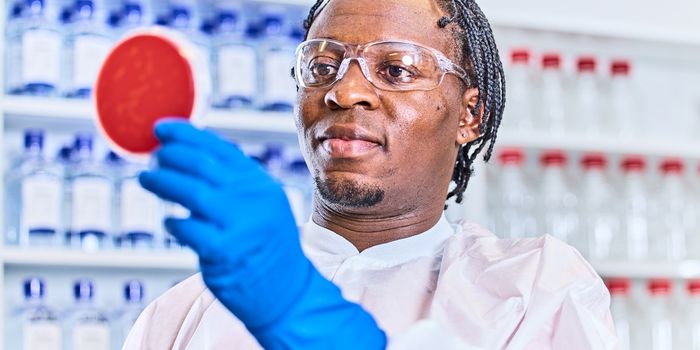How Vaginal and C-section Delivery Impact a Baby's Microbiome
As we’ve learned more about the microbiome, the community of bacteria, fungi and viruses that lives on and inside of us, we are finding that those microbes exert a powerful influence on our health, some say from birth. Some researchers have found evidence that children born by C-section, or those that feed primarily on formula have a markedly different microbiome than infants who are born vaginally or fed mostly breast milk. The video below discusses how the mode of birth can affect an infant.
"With a third of U.S. babies now born by C-section, twice the number as is medically necessary, the question of whether a baby's founding microbiome affects its future disease risk has become more urgent," said Maria Dominguez-Bello, an associate professor in the Department of Medicine at NYU Langone.
She was part of a 2016 study that determined whether vaginal swabs could be used on infants to impart some of mom’s microbes. Only 18 infants were a part of that study, but the sampling revealed over 6.5 million different bits of bacterial DNA. "Our study is the first to demonstrate that partial microbiome restoration just after birth is possible in babies born by C-section," said Dominguez-Bello, a microbiologist.
That research found that when infants were exposed to fluids from the mother’s vagina after delivery by C-section, over the first thirty days of their lives, they had microbiomes that were similar to babies that were delivered vaginally when compared to infants born by C-section that were not exposed to the fluids.
The researchers noted that the infants exposed to vaginal fluids also had higher levels of Lactobacillus and Bacteroides strains of bacteria, which have been shown to help the immune system of an infant learn to identify and attack invading bacteria.
Other researchers have cautioned that more work will be needed to fully understand how infants’ microbiomes are affected by the way they are born, even as a growing number of women ask for vaginal swabs for C-section babies.
"Demand for this process has increased among women attending hospitals in the UK - but this has outstripped professional awareness and guidance,” commented Dr. Aubrey Cunnington from the Department of Medicine at Imperial College London, which was not part of Dominguez-Bello's work. “At the moment we're a long way from having the evidence base to recommend this practice. There is simply no evidence to suggest it has benefits - and it may carry potential risks,” he added.
Bello did also note that more work would be needed in this area, and certainly, we’ll be hearing more about it.
"Larger studies that measure the effect of early microbiome restoration on health outcomes would begin to answer whether or not it averts future disease risk," said Dominguez-Bello. "The current study represents proof of a principle in a small cohort, and shows that our method is worthy of further development as we seek to determine the health impact of microbial differences."
Researchers at Aalto University linked changes in the infant microbiome to autoimmunity. In that work, reported in Cell in 2016, the microbiomes of 200 infants from different European communities were evaluated over time.
"We believe that E. coli, which lives in the infant gut in all three countries, might be one of the immune educating bacteria responsible for training the immune system early in life. But, we found that if you mix Bacteroides with E. coli it can actually inhibit the immune-activating properties of E. coli, and we suspect this might have consequences on the development of the immune system," explained researcher Tommi Vatanen.
Interestingly, a study from last year in the American Journal of Obstetrics & Gynecology (AJOG) connected changes in the vaginal microbiome to preterm birth, a growing problem in the United States. Women with pregnancies that went full-term exhibited stable microbial populations in their vaginal microbiomes, the researchers found. Women that had premature births showed a decrease in the overall level of microbes, and a lower level of diversity in the strains, compared to women with full-term pregnancies.
"Almost 400,000 babies are born prematurely in the United States each year, and these births have lifelong consequences," said the lead author of that research, Molly Stout, MD, an assistant professor of obstetrics and gynecology. "The sooner we figure out what is going wrong in a pregnancy in which a woman delivers early, the sooner we will be able to design new treatments to help women carry their babies to full term.
Sources: AAAS/Eurekalert! Via NYU, Imperial College London, Washington University, Aalto University, Nature Medicine, The BMJ, Cell, AJOG









